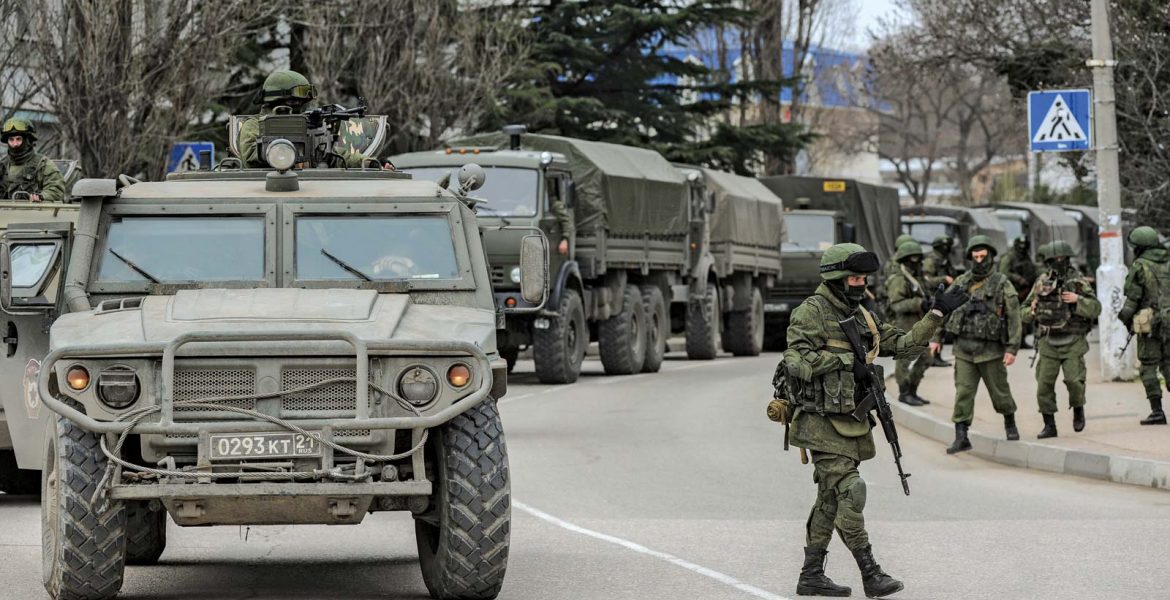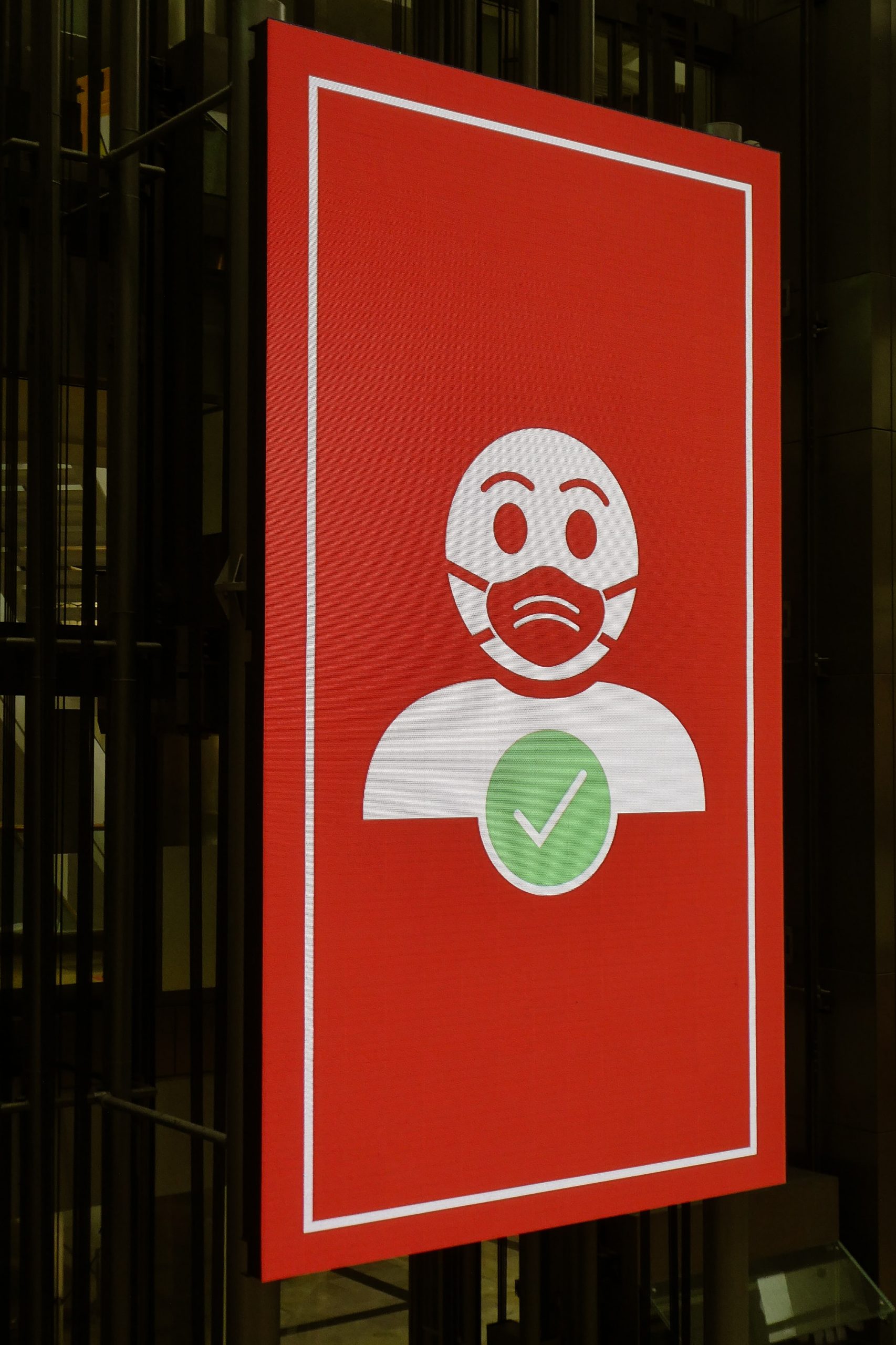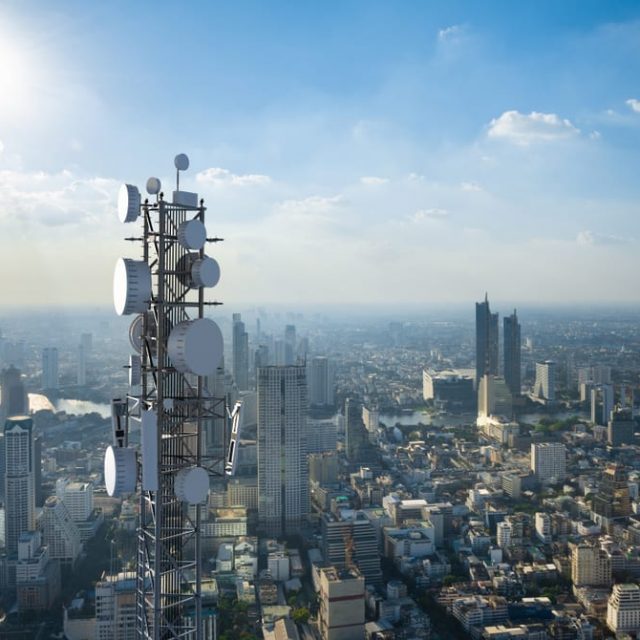Externally, the arrest of Ukrainian journalist Vladislav Esipenko in Crimea is not connected with the sensational statement of US President Joe Biden about Russian President Vladimir Putin. The events are separated by some time interval. But, there is actually a connection, as there is with the date of the seventh anniversary of the commemoration of the anniversary of the occupation of Crimea., writes Yuri Reichel.
The foreign policy outlook for Russia appears bleak. Black swans fly in from all directions and especially from across the ocean. Washington has clearly set a course for confrontation and deepening sanctions. The worst thing for the Kremlin is that there is virtually nothing to answer in the spirit of so-called import substitution. Trade with the United States is relatively small, and Russia is much more interested in it than its counterparts. Visa restrictions are openly trivialised and even laughed at on the banks of the Potomac.
The so-called “active actions” remain. Assad’s forces have been active in Syria recently, shelling their opponents from the territory of the Russian base in Hmeimim. They would normally go unnoticed, but shells hit the Turkish military, and this drew attention to their actions. There were other attempts after which the US responded rather harshly and unequivocally.
At the same time Russian troops ran into shelling by Israeli aircraft. Although their target was Iranian units and their infrastructure, the Russians faced difficulties. Moreover, Israeli Foreign Minister Gabi Ashkenazi did not flinch during his visit to Moscow, but firmly stated that the Israel Defense Forces (IDF) would continue such actions and no one would stop them. Russia does not want to start Jerusalem in Syria, and it cannot. It will be more expensive.
After Biden’s last interview, Moscow’s choice is small and in fact boils down to increasing pressure on Ukraine. Not only military, but also political. For this purpose all efforts are directed towards one end, including hostage-taking.
Moscow’s goals are quite obvious. They are at several levels.
First, Washington has been warned that further confrontation will lead to an intensification of a domestic crack down, to the arrest of the remaining political opposition, and any citizens simply critical of the regime.
At the same time, the regime of terror will intensify in Crimea, where even for propaganda purposes, it seems easier for FSB planners and their curators in President Putin’s administration to find so-called Ukrainian spies. In addition, on the anniversary of the occupation, an inhabitant of the Russian hinterland is given an illustration of a besieged fortress from the screens of federal TV channels. Around the enemies and Crimea they are especially interested. That’s what the competent authorities of the enemies of the Russian state are guarding.
Secondly, Kyiv’s policy towards Russia has become so firm that Moscow is just wondering how and what to do about it. The strikes on Russia’s political and economic agency have so far gone unanswered by the Kremlin for one very simple reason. Moscow Central does not know how to engage the Ukrainian leadership. So far, attempts to destabilise the domestic political situation in Ukraine have been fruitless and unsuccessful.
Third, despite the hysteria on federal television, the Kremlin understands that it cannot afford large-scale aggression against Ukraine. Moreover, even a local operation in the direction of Mariupol or the Kherson region with access to the Dnieper. Apart from purely military problems, an easy walk will not work, as the Ukrainian army will seriously defend itself, and the flow of 200 and 300 cargoes will not please anyone in Russia. Specifically, Putin is not worried about the loss of people, but on the eve of potentially fake elections to the State Duma, he can not afford it. In addition, there is a real threat in this case to run into an economic war with the United States, to which Europe may reluctantly join. You can grab trillions in the Welfare Fund, but the lack of opportunity to take even short-term loans in the West to finance current expenses will hit Russian finances very hard and seriously shake them down. They don’t want to start a war without money.
Fourth, it follows from the previous argument that the only way to influence the Ukrainian authorities is to take hostages. The Kremlin is well aware that this is a sensitive topic for President Zelensky, and he is very concerned about the fate of our citizens who have fallen into the hands of the Russian authorities and special services.
Historically, the topic of espionage has always been a favourite information weapon of the Department of Agitation and Propaganda of the Central Committee of the CPSU. In the first case, Stalin’s satraps accused the arrested man of espionage in favour of any country. If a Pole, then Poland, if a Korean, then Japan, a German – Germany. Ukrainians were mostly accused of collaborating with nationalists. Moreover, illiterate investigators from the NKVD (People’s Commissariat for Internal Affairs) did not really understand who they were.
All this was preserved during the Soviet years and it is now flourishing again in the Russian Federation. And everything goes to the fact that the accusations of ties with the Ukrainian secret services come to the fore, pushing the CIA and British intelligence. So far the Israeli organisation Mossad has not been mentioned, but it is a matter of time.
There is another issue. Moscow is very nervous about Kyiv’s purposeful policy towards Crimea and Donbass. Until recently, the Kremlin pushed through its German political agency the idea of a possible exchange of leaving Donbass for Kyiv’s recognition of the occupation of Crimea. Now it is obvious to everyone that this turned out to be an empty venture. Ukraine could not be divorced. On the contrary, a diplomatic offensive began in the form of the “Crimean Platform” and it is growing support.
So the strategy remains for domestic consumption to detect spies and saboteurs from Ukrainian citizens in the occupied territories and in other regions of Russia. Crimean Tatars are also suitable fodder for this propaganda. Especially after the statement of Turkish President Erdogan on the non-recognition of the occupation of Crimea.
As the confrontation between Russia and the West intensifies, primarily with the United States, the number of so-called Ukrainian spies and saboteurs, unfortunately, will grow. The Ukrainian government must be ready for this. But they also have enough Russian agents. So there will be someone to exchange Ukrainian citizens for, a practice that is tried and tested.
The Author, Yuri Reichel, is a Ukrainian writer about information security and a political commentator for the Ukrainian journal “Day”. He is an occasional contributor to EU Political Report.




